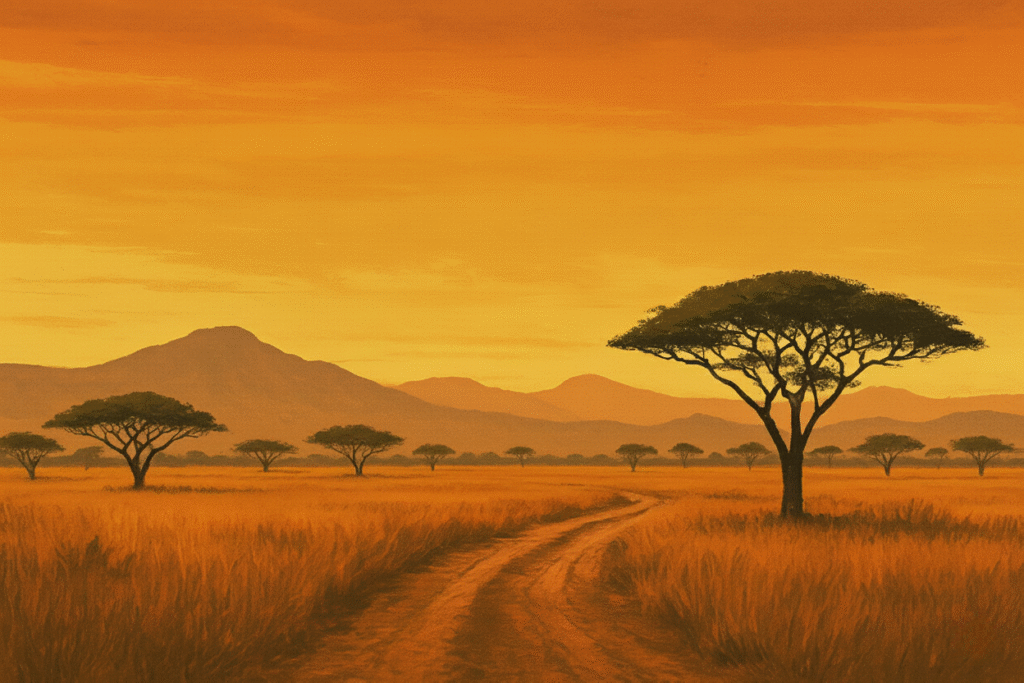You know, when folks chat about world history, Africa usually ends up as this side note. Something exotic, just setting the scene for empires or colonization or the slave trade. But that’s not it at all. Africa is way bigger. It’s the cradle of humankind. The real starting point for all our stories. And John Reader’s book, Africa: A Biography of the Continent, nails that better than most.
It came out back in 1997. This thing spans millions of years, from the first hominids right up to today’s African countries. Over 800 pages, yeah, it looks kind of scary at first. But don’t sweat it. Reader tells stories like nobody’s business. He turns tricky science and heavy history into something you can actually read without zoning out. It’s not some boring textbook. More like an adventure.
The Continent Feels Alive
What hits you right away in Reader’s style is how he makes Africa seem like its own character. Starts with the geology, you know, how the land formed. Tectonic plates shifting around, deserts popping up, savannas stretching out, rivers carving paths, coastlines forming. For him, the environment isn’t background noise. It’s this active thing that pushed human history along every step.
Take the Great Rift Valley. That’s where early human ancestors hung out. Or the fertile spots that kicked off farming and cities. Africa’s landscapes aren’t just maps. After a couple chapters, they feel alive. Like they’re part of the tale, breathing and changing with us.
Humanity’s Starting Point
The parts on human origins, those are the ones that really grab you. Reader lays it out clear, with real excitement. Africa gave birth to us all. Fossils plus genetics point back to East Africa, about two million years ago. Our earliest family.
He walks you through these ancient folks. Australopithecus, Homo habilis, Homo erectus. Shows how the land forced them to adapt, get creative, just survive. Makes you think. Every person walking today traces back there. Africa isn’t only for Africans. It’s home for everybody. Humbling, right.
Kingdoms Rising, Then Colonization Hits
Reader keeps going past the old days. Dives into African kingdoms and big civilizations. Mali, Ghana, Axum, Great Zimbabwe. A lot of them boomed way before Europe shook off its dark times. Eye-opening stuff, especially if school’s only version of Africa was about white guys showing up.
Then colonization and the slave trade. He sticks to that steady storytelling. Doesn’t dodge the ugly parts, the cruelty, the taking. But he fits it into the bigger picture. Shows how Africa’s own strong history got messed up by outsiders. Reshaped in ways that still echo.
Today’s Africa, Tough but Tough
Last bit covers modern times. Independence fights, the mess after colonies left, development headaches. Reader calls out the bad, like corruption or poverty. Doesn’t pretend it’s all fine. But he doesn’t write Africa off as doomed either. Talks up the people’s grit. The huge possibilities still there.
Why Bother with This Book
This book stands out because of its reach and how easy it is to get into. Reader mixes science, history, anthropology, all wrapped in stories. Feels like time travel. If you’re into Africa, not just as some distant place but the core of what makes us human, grab it.
Simple fact it drives home. Africa isn’t a footnote. It’s the start. The base. Still shaping the world’s story today.


